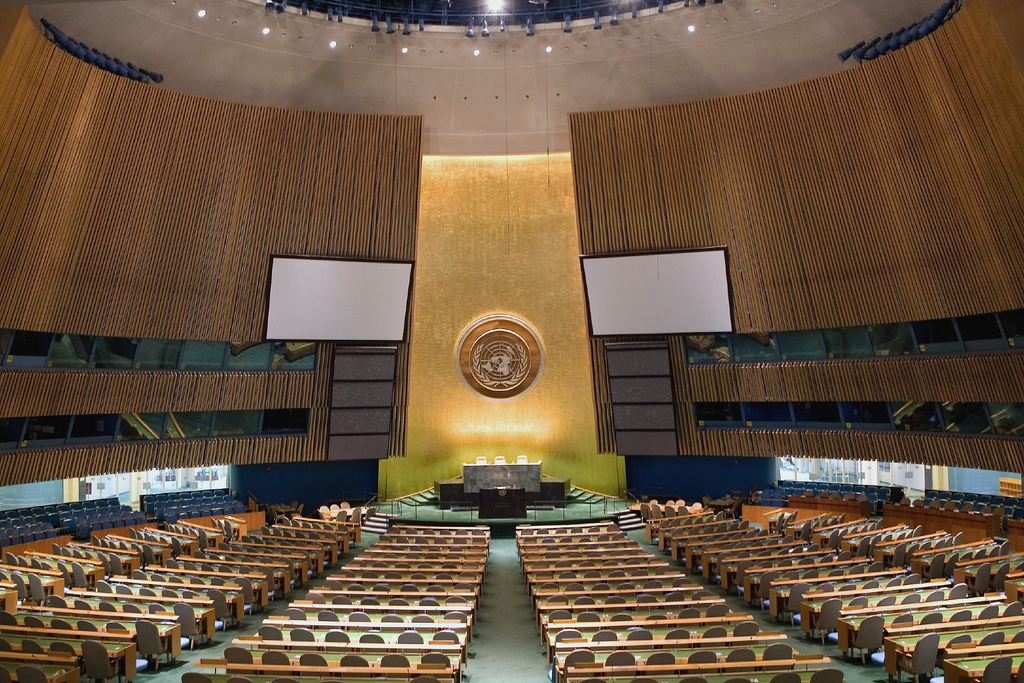
The Palestinian Authority approached the United Nations Security Council with a bid for statehood. They are seeking to be recognized, legally, as a state and to be accepted as a full member into the United Nations. One of the largest questions this move raises is: Why now? The current Israeli-Palestinian peace process has been ongoing for 20 years, so why take the bid to the international community now? There is not a single answer to this question, but one plausible answer lies in efforts to break the stalemate and set the peace process on a path that will produce concrete results.
The Palestinian administration has provided four official reasons they have chosen this course of action: acts by Israel that undermine peace, international responsibility toward the Palestinians, the growth of Jewish settlements, and intensifying Israeli designs on East Jerusalem. They do not see this move to the international stage as abandoning the current peace process, but as an opportunity for it to take an important leap forward and reinvest both sides in negotiations. At present, Israel remains publicly committed to negotiations, but the reality is that they have no interest in them succeeding. As talks continue, Israel maintains its process of settlements, blockades, and resource acquisition. This has led to a worsening of the status quo as Israel has not made any effort to halt its expansionist practices. Since the negotiations began there has been a six-fold increase in the number of Israeli settlers living inside Palestine’s 1967 borders.[1] When one side has no benefit from negotiating and nothing to lose from walking out, how does the world expect these negotiations to succeed? The current situation is comfortable for Israel and they have no incentive to change their policies; that is why Palestine is seeking a new tactic to introduce international law, seek legitimacy, and re-invest both sides in the peace process.
Palestine hopes that the vote in the UN will help to prevent violations of international law from occurring. The only recognized unit at the international level is the state, and without sovereignty, an entity has almost no recourse to address violations committed against it. Palestine is not solely interested in prosecuting offences, but they believe the vote would serve as a deterrent and stop violations from occurring in the first place.
No one knows what this unprecedented move will bring. There will undoubtedly be consequences for Palestinian, Israeli, and US foreign policy, as well as changes in the hopes and expectations of the Palestinian population worldwide. Incremental movements in history are rare as it often jumps after long periods of stagnation, and this week we are about to see history jump again.
[1] Zomlot, Husam. “The Case for Palestine.” America, Islam and the Middle East. Northeastern University. September 13, 2011.


